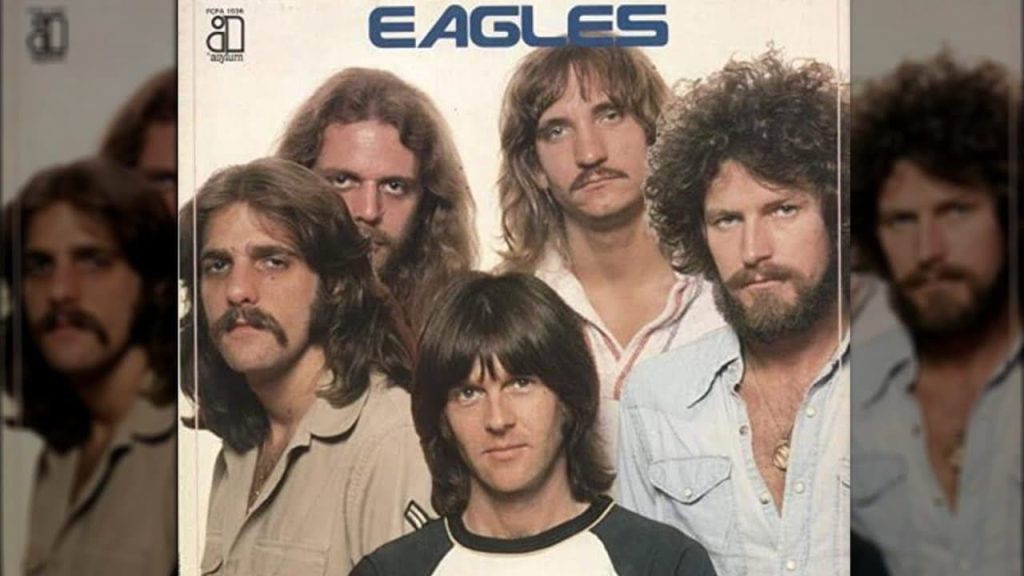
The Eagles – “New Kid in Town”: A Melancholy Reflection on Change and Ephemerality
Among the many gems from the Eagles’ 1976 landmark album Hotel California, “New Kid in Town” stands out as a wistful, bittersweet meditation on impermanence. Written by Don Henley, Glenn Frey, and JD Souther, and sung with delicate sincerity by Frey, the song captures the transient nature of success, love, and admiration. It is both deeply personal and universally resonant, encapsulating the band’s introspective genius during their peak years.
The song’s musical arrangement is as layered as its themes. Frey’s warm lead vocals are complemented by Henley’s harmonies, creating a lush vocal tapestry that earned the group a Grammy Award for Best Vocal Arrangement for Two or More Voices. Instrumentally, it is equally rich: the gentle strumming of Frey’s acoustic guitar, Don Felder’s fluid electric guitar work, Joe Walsh’s atmospheric electric piano, and Randy Meisner’s distinctive guitarrón mexicano lend the track a unique, almost cinematic texture. This restrained yet intricate backdrop underscores the vulnerability expressed in the lyrics.
Lyrically, “New Kid in Town” captures the Eagles’ acute awareness of their position within an ever-shifting cultural landscape. Henley and Frey had long expressed concerns about the fleeting nature of fame, and this song translates those anxieties into a poignant narrative. While the lyrics outwardly describe the romantic despair of being replaced by someone new, they also serve as a metaphor for the fickle loyalty of fans and the inevitability of obsolescence in the music industry. “They will never forget you ’til somebody new comes along,” Frey sings with quiet resignation, a line that echoes with equal parts heartbreak and acceptance.
Henley later explained that the song was about the impermanence of both love and artistic prominence. The Eagles, at the height of their fame, were acutely aware that their moment in the spotlight was borrowed time, just as relationships in the song’s narrative are doomed to fade. JD Souther, co-writer of the song, reflected on this theme through the lens of a Western analogy, likening the “new kid” to a faster gunslinger who inevitably displaces the old guard. This metaphor deepens the song’s exploration of inevitable change and the sense of loss that accompanies it.
Biographer Marc Eliot aptly noted that the song not only captures the vulnerability of romantic jealousy and rejection but also reflects the broader, more abstract theme of cultural fickleness. For the Eagles, who had risen to global superstardom, “New Kid in Town” was a poignant acknowledgment of their own eventual displacement, a rare moment of humility in an industry often defined by hubris.
Despite its reflective tone, the song’s gentle melody and lush harmonies offer a soothing counterpoint to its introspective lyrics, making it as emotionally cathartic as it is contemplative. It resonated deeply with audiences, climbing to No. 1 on the Billboard Hot 100 and becoming one of the defining tracks of the Eagles’ discography.
“New Kid in Town” remains a testament to the Eagles’ ability to blend intricate storytelling with impeccable musicianship. It is a song that, while born of the specific fears and emotions of its creators, has transcended its origins to become a universal reflection on the transient nature of life’s joys and triumphs. It stands as both a deeply personal confession and a timeless anthem of change, loss, and acceptance.